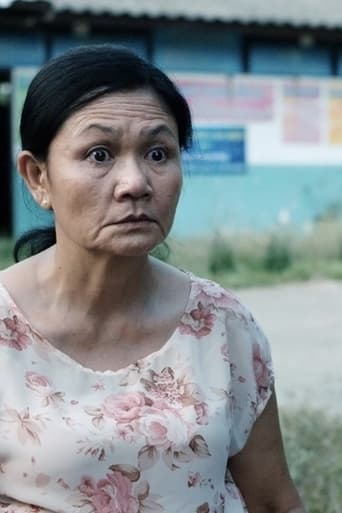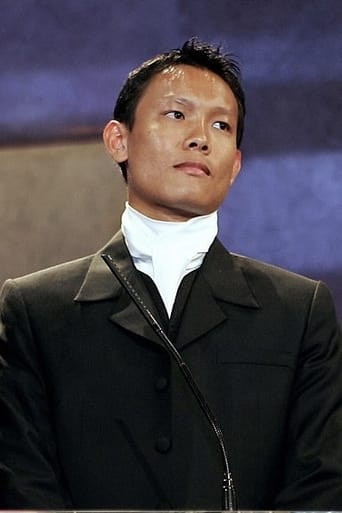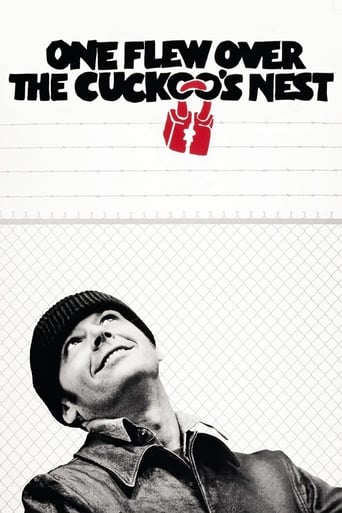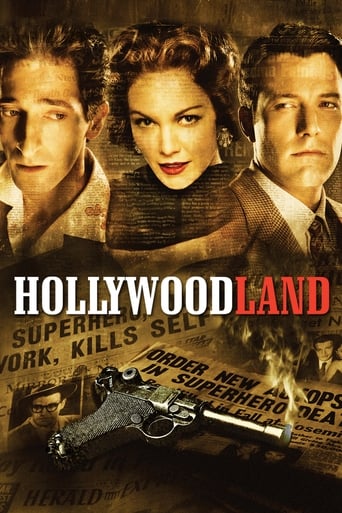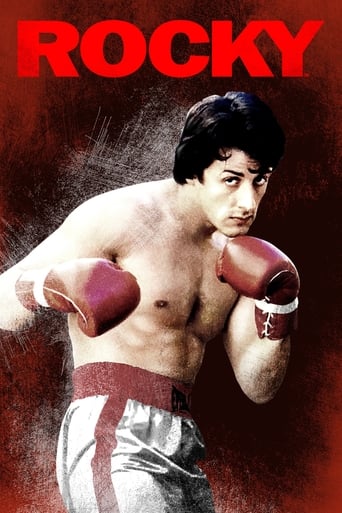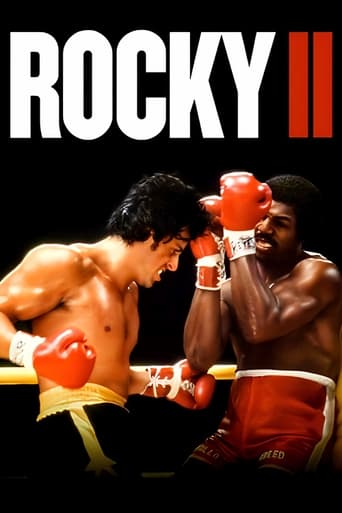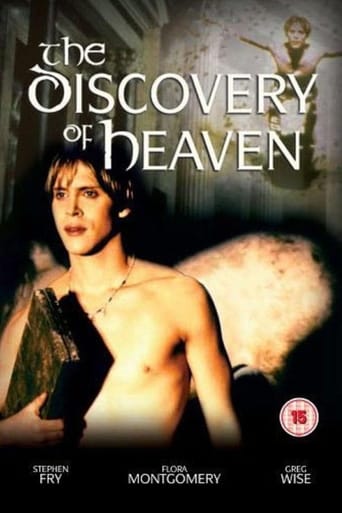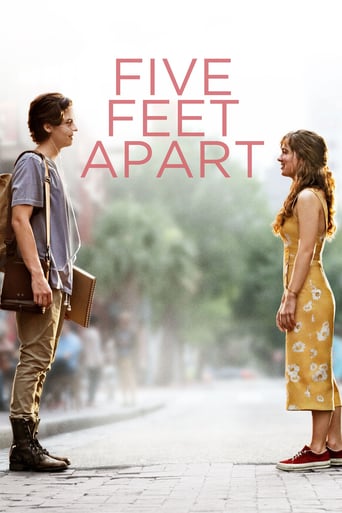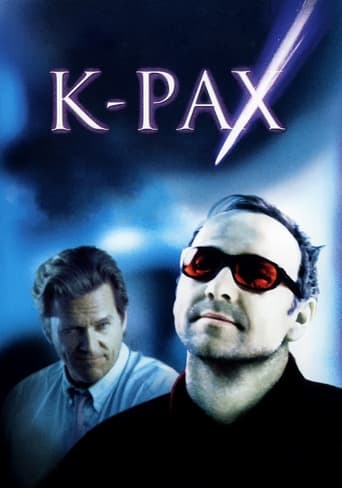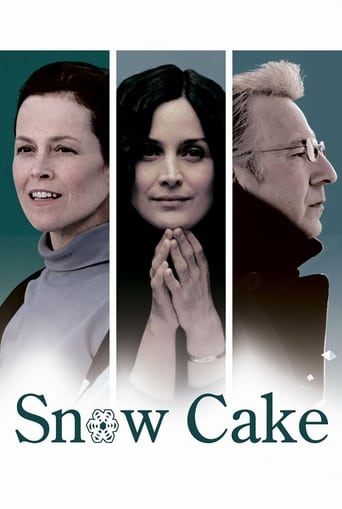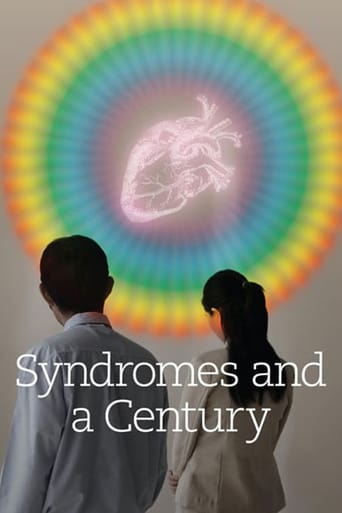
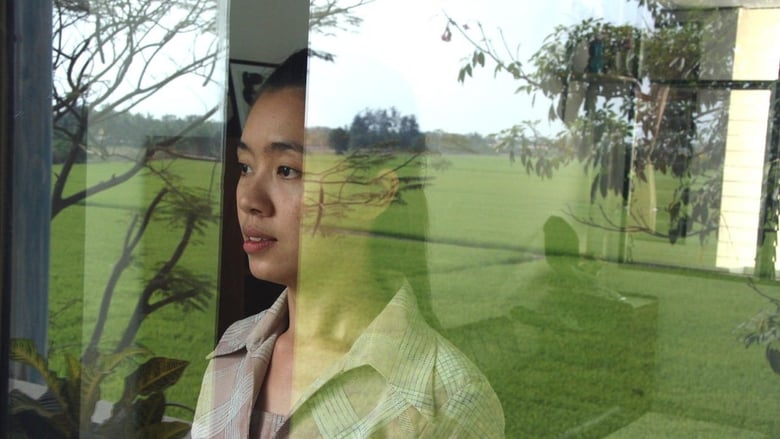
Syndromes and a Century (2006)
A story about director Apichatpong Weerasethakul’s parents who were both doctors, and his memories of growing up in a hospital environment.
Watch Trailer
Cast


Similar titles
Reviews
There is a story to be found here somewhere, but it is cleverly hidden among a grab bag of images. Ostensibly it is about the director's parents who were both doctors. But they are on screen for about 10% of the movie. Director Weerasethakul uses skillful framing and subtle color to create some remarkable images. There are some very sensual scenes of natural settings. The majority of scenes seem to be thrown in due to random firings in the director's brain. There are long slow takes circling statues that come from nowhere and go nowhere and lots of prolonged shots of people staring into space. There is one scene capturing a perfectly ordinary dental procedure that goes on for several minutes and another scene of great length of an exhaust vent sucking smoke out of a room. This latter is somewhat transfixing, but I can't see why it's there.The movie creates a mood, but I often found that mood to be one of annoyance. If anyone can explain the meaning of the English title ("Syndromes and a Century") please let me know.This one is definitely for the art house crowd.
While the experiments with memory and non-sequential progress through the film are interesting, my final reaction was so what.What was Weerasethakul trying to achieve that Resnais had already done far better in L'Année dernière à Marienbad. The formalisms explored through the retelling of stories at a different time and place were intriguing but there were none of the power of the imagery of Marienbad. Images from Marianbad live with me 30+ years later. These ones won't and not only because I'll be dead by then.It was two hours on the edge of tedium, but the skill was you stayed on the edge not fell into ennui. But I had no sense when I left the cinema that I had had a true aesthetic experience or provided me with images to refract new experiences through.Maybe hotels do more for me than hospitals, I don't know.
Here there is no story, no beginning or end. Snippets only of the universal experience of memory and feeling. So banal, so beautiful, the camera looks - often from a distance almost in reverie, at the smallest things in our lives. The camera is in fact a detached "third eye" - seeing what we don't focus on, remembering what we have forgotten. The actors (are they actors?) play out their small parts with humor, grace and and sincere naturalism.One of a handful of directors using the unique language of film to its fullest doing what no other medium can do. Touching, funny, hypnotic, complex and simple - Weerasethakul's signature is all over this film - his humanity, his recognition that the unexplainable is present in every ordinary life, that everything is worthy of our attention ...
Pusan Film Festival Reviews 8: Syndromes and a Century (Apichatpong Weerasethakul) Perhaps Apichatpong Weerasethakul's too new to the big leagues to come off as stale, as Tsai Ming-liang does - his films continue to surprise and puzzle. It's hard for me to put my finger on why I didn't like "Syndromes and a Century" as much as I was sure I would, given how enamored I am with "Blissfully Yours" and "Tropical Malady" (the latter is one of the best films of the new century). It probably didn't help that I was running on just a little sleep, the film moved incredibly slowly, and the Korean girl beside me was snoring away by the halfway point. I was expecting more of Weerasethakul's strange, lulling magic, but "Syndromes and a Century" seemed banal compared to the last two films. Still, if there's a film of the festival I'd like to see again immediately - barring Hong Sang-soo's latest - it's this one. From the opening moments you know you're in Weerasethakul territory - a close-up of modest little fellow applying for a rural hospital job as he fields increasingly absurd questions from the female interviewer whose story will be the focus of the film's first half... and after a time a slow camera movement over the balcony to the lush fields and rain forest beyond, and rolling of the credits. The movie's divided into two parts, the first supposedly set in the 1970s and about the director's mother - though you'd glean neither the mother reference or the period setting from watching the film as neither is mentioned, and the setting looks like a rural Thai hospital of the sort you'd find today. A security guard is smitten with the doctor, and she goes on to tell him of a man she may already be in love with, a farmer of rare orchids, and how she met him, in an extended flashback sequence that the director sometimes intentionally confounds with the time period of the telling of the story. The camera drifts around the hospital, where a dentist sings for a monk who at one time wanted to be a disc jockey, and down corridors and along the outside of the hospital, where an ominous low buzzing noise plays over the soundtrack as the camera languidly drifts past outside statues. In the second half the setting changes. We're now in a massive, sterile, big-city hospital, and the the rest of the film is about the man. At the start of the split the same interview from the beginning repeats itself, though the office and clothing worn by the two is different and there are slight but notable changes in the dialogue. Now the camera is pointed at the doctor conducting the interview, and this is the last time she will feature prominently in the film. After the interview the camera follows him as he goes about his duties and tries to find spare time for his beautiful girlfriend. Conversations recur, but again there are differences in the setting and dialogue. The man sneaks into a room in the basement with his girlfriend (a room used to store prosthetic limbs), followed by a very, very long shot of some kind of ventilation tube sucking smoke out of another room, and finally an outdoor dance aerobics sequence with peppy music. What this all means is anyone's guess. Few filmmakers achieve Weerasethakul's mastery of the medium and its possibilities after so few films. He knows how to convey a sense of unease and menace through banal actions or images, and he has a singular way of continuing to fold over what little narrative exists in his films until he has an unusual type of origami, the meaning or possible meanings of which the viewer is left to mull over while scratching his or her head upon exiting the theater. "Syndromes and a Century" seemed a little too plain while I watched it, yet I can't help chuckling now and then or stopping midway through a sentence to contemplate it while writing about it. Ingmar Bergman once made a remarkable comment about Andrei Tarkovsky, that Tarkovsky had opened a door to "a room I had always wanted to enter and where he was moving freely and fully at ease." Apichatpong Weerasethakul isn't a Tarkovsky, but he is opening doors; "Syndromes" sticks to the mind in weird ways.


